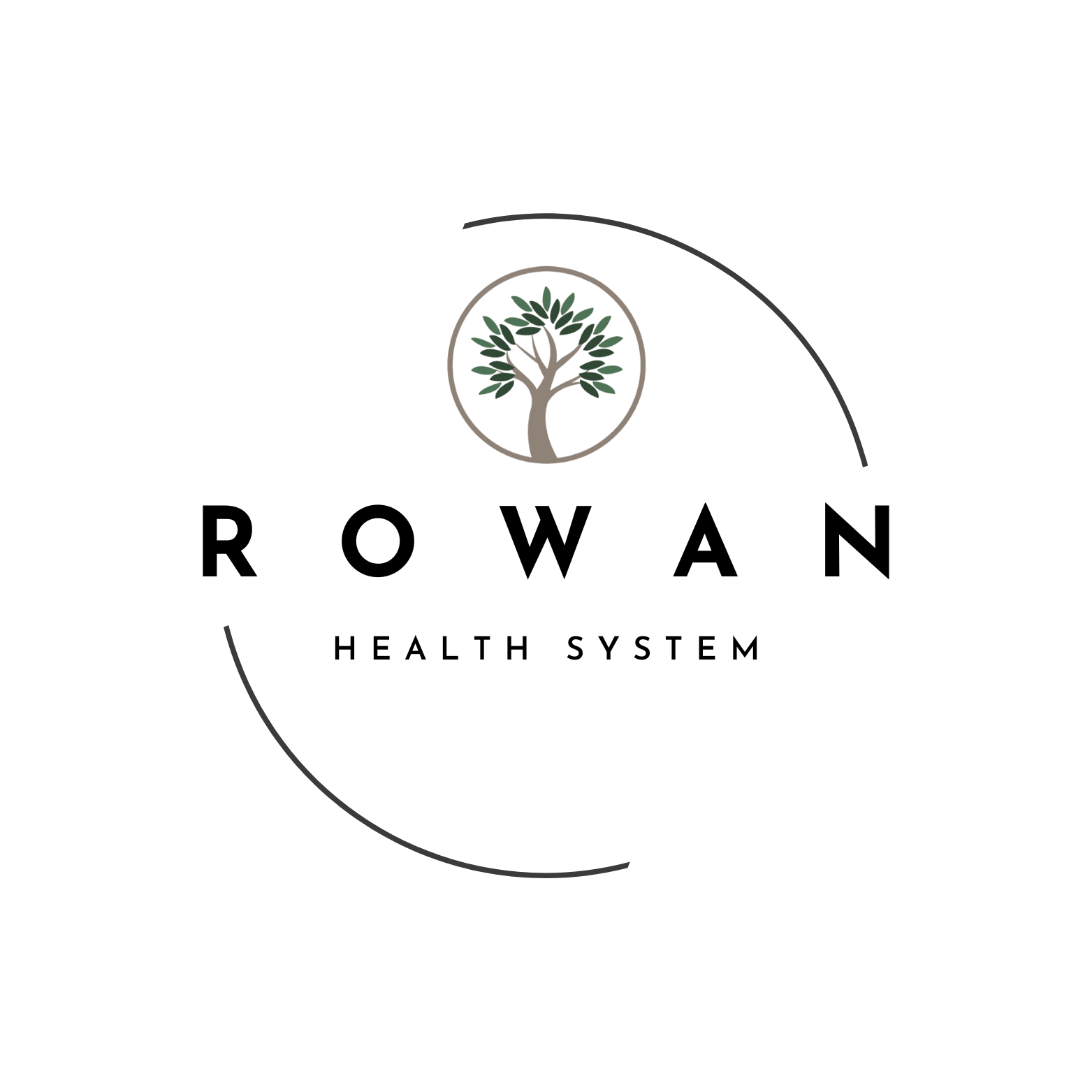The COVID-19 pandemic has upended the lives of people all over the world, but its psychological impact has been particularly pronounced for young adults grappling with Autism Spectrum Disorder (ASD) and Attention-Deficit/Hyperactivity Disorder (ADHD). For a demographic already navigating a complex world, the pandemic's waves of uncertainty, school closures, and forced isolation represent overwhelming challenges to mental health and well-being. This blog post navigates the intricacies of coping with a neural difference during a global crisis, sharing insights for families, professionals, and those in these communities themselves.
Understanding the Unique Challenges of Neurodiverse Transitioning Youth
Young adults who've reached milestones of independence have, for the most part, completed their formal educational journeys, bound for college, vocational training, or the workforce. For those with ASD or ADHD, such transitions are laden with unique hurdles. Sensory processing issues, executive dysfunction, and social communication difficulties all play a role in their ability to adjust and thrive in new environments.
The underlying neurological differences associated with ASD can compound these challenges. For instance, individuals with ASD often rely on predictability and routine to manage anxiety and daily functioning. The shift to online learning or remote work and the abolishment of established routines can be particularly destabilizing.
Similarly, young adults with ADHD may find it difficult to manage time, stay organized, and maintain focus without the structure and support provided by institutional or occupational settings. The abrupt change in how activities are organized and executed can exacerbate the symptoms and impair their ability to function effectively.
Data Backs the Distress
The data echoes what professionals in the field witness daily. The Centers for Disease Control and Prevention (CDC) reported a 31% rise in anxiety symptoms and a 26% increase in depressive symptoms among adults in the U.S. during the pandemic. Studies published in the Journal of Autism and Developmental Disorders have found that disruptions to daily routines were linked to increased anxiety and behavioral challenges for 64% of individuals with ASD.
Among individuals with ADHD, the figures are no less alarming. The ADHD Association surveyed its members and found that 78% of said their ADHD symptoms worsened, with struggling to maintain routine and a reduction in overall mental health cited as primary contributors. The National Institute of Mental Health also reports that those with ASD and ADHD are at a higher risk of developing comorbid mental health conditions, with anxiety and depression rates significantly higher compared to the general public.
Remote Delivery of Services and Support
Although the pandemic placed unprecedented strains on the provision of support, the response was swift and innovative. Telehealth and virtual platforms became lifelines, offering continued access to therapies, medications, and mental health services.
For many individuals with ASD and ADHD, the sudden switch to remote support was an unfamiliar and sometimes unwelcome experience due to sensory issues and preferences for face-to-face interaction. However, for those who were able to adapt, the flexibility and accessibility of remote services offered a silver lining in the unprecedented times.
Coping Mechanisms and Support
In times of upheaval, established routines can be sources of comfort and control. Families and support networks play pivotal roles in helping young adults establish new, adaptive routines. Simultaneously, therapists and mental health professionals have been fervently developing coping strategies tailored to the pandemic's unique challenges.
Finding ways to maintain structure, engage in familiar activities, and utilize sensory tools are paramount for individuals with ASD and ADHD. At the same time, cultivating resilience, adapting to change, and addressing the mental health impact of isolation and uncertainty require an integrative approach.
Personal Stories of Resilience
While data provides a broad overview, personal stories illuminate the human experience in extraordinary times. Real-life examples demonstrate the creativity and strength of individuals with ASD and ADHD as they navigated the pandemic's disruptions.
Stories ranging from the challenges of digital learning's variable schedules to the triumphs of finding an unexpected, isolation-friendly hobby highlight the variety of responses and coping mechanisms that were employed.
Reclaiming Normalcy Through Connection
The need for social connection is universal, yet the pandemic imposed unfamiliar restrictions on how we engage with our communities. For young adults with ASD and ADHD, social networks often play a fundamental role in support and emotional regulation.
Community-driven initiatives, virtual gatherings, and social media groups emerged as platforms for maintaining connection and reducing isolation. Through shared experiences, individuals in these communities found ways to support each other and foster resilience.
The Role of Ongoing Insight and Collective Action
The pandemic has illuminated, in stark terms, the need for a collective response to the mental health challenges faced by young adults with ASD and ADHD. It has underscored the importance of recognizing and respecting the unique needs of this population, whether in the form of policy action, school accommodations, or community support.
The conversation must continue, informed by the experiences of those living with these conditions and their families. Together, we can work to create a more supportive environment that helps these young adults overcome obstacles, build on their strengths, and reclaim their sense of control and well-being.
Join Our Community for Support
Navigating the impact of COVID on mental health is not a solitary venture, and for the families, professionals, and individuals in the ASD and ADHD communities, shared experiences and mutual support can be invaluable. We invite you to join our community, where we share insights, provide resources, and offer a space for dialogue and support. Together, we can face the challenges of today and build a better, more compassionate tomorrow for transitional young adults with ASD and ADHD.
Book an appointment with us today
Featured posts
The Connection Between Allergies, Respiratory Conditions, and Neurodevelopmental Disorders: An In-Depth Analysis
Neuropsychology and Immunology
Understanding Anxiety Disorders: Symptoms, Management Strategies, and Treatment Options
Adult Psychology
Understanding and Tracking Developmental Milestones: A Comprehensive Guide for Parents
Developmental Pediatrics
The Battle of the Bite: Winning Over Picky Eaters
Nutrition
Related posts
Our latest posts and news
At Rowan Health System, we offer a wide range of specialties to address your specific physical and mental health needs.









